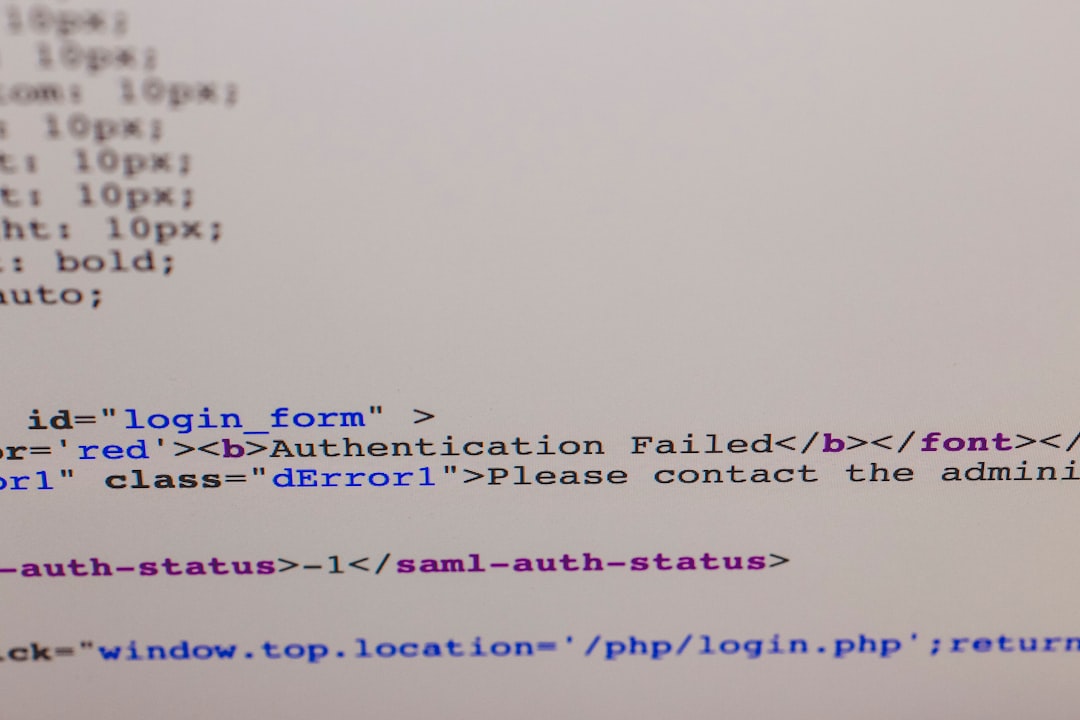Ever heard of an OGG Vorbis file and wondered, “What the heck is that?” Don’t worry — you’re not alone. It sounds like a mysterious snack or a new Pokémon, but it’s actually a great audio format! Let’s break it down in a super simple way so you can understand what it is, where you can play it, and why people even use it.
What Is an OGG Vorbis File?
An OGG Vorbis file is a type of compressed audio file. Think of it like a ZIP file, but for music. It saves space while still keeping great sound quality. The “Vorbis” part is the name of the audio compression method, and “OGG” is the container it lives in. Together, they make a tag team for streaming and storing music efficiently.
The best part? It’s open-source. That means it’s free to use, free to share, and not owned by a giant company. Rock on, freedom!
Why Use OGG Vorbis?
You might be asking, “Why would I use OGG instead of MP3?” Good question! Here’s why OGG files are awesome:
- Better sound quality than MP3 at the same file size
- No licensing fees for developers or users
- Free and open-source — developers love it!
- Smaller file size compared to uncompressed audio like WAV
It’s perfect for audiophiles who want crystal-clear music without burning through storage.
Where Can You Play OGG Files?
This is where the fun begins. OGG files are versatile, but not every single device supports them right out of the box. Let’s look at some of the most common platforms:
Computers (Windows, Mac, Linux)
- Windows: Use VLC, Foobar2000, or Winamp
- Mac: Try VLC or Cog
- Linux: Most players like Rhythmbox or Audacious support it by default

Smartphones
- Android: Most music players handle OGG easily — like Poweramp or VLC
- iPhone: It’s trickier… You’ll need apps like VLC for iOS or use cloud players
Web Browsers
Believe it or not, web browsers like Chrome, Firefox, and Opera can play OGG files directly in HTML5 audio. Pretty neat, right? It’s a huge win for web developers looking to use open-source formats.
When OGG Files Won’t Work…
Sometimes you’ll run into a situation where the OGG file just won’t play. Don’t panic. Here’s what you can do:
1. Convert the File
If your device absolutely refuses to play it, convert it! Use tools like:
- Audacity – Free, powerful, and easy to use
- Online Audio Converter – Quick and browser-based
- FFmpeg – For tech wizards who like command lines
2. Install a Different Music Player
Problem solved. Instead of using the default player, get one that supports OGG. VLC is always a top choice — it’s like the Swiss Army knife of media players.
3. Use a Browser-Based Solution
If you’re on a public or limited device (like a school computer), try uploading the file to a cloud-based music player. You don’t have to install anything!
Fun Facts About OGG Vorbis
- OGG stands for “OggSquish,“ which was part of the original project name
- The Vorbis part is named after a character in Terry Pratchett’s novels!
- Spotify used to stream music in OGG format for mobile to save bandwidth
So, not only is it a smart format, it’s got a geeky side too!
OGG vs. MP3 vs. FLAC
Let’s have a quick showdown between these popular audio formats:
| Format | Compression | Quality | File Size | License |
|---|---|---|---|---|
| OGG Vorbis | Lossy | High | Small | Free/Open-source |
| MP3 | Lossy | Medium | Small | License fees apply |
| FLAC | Lossless | Excellent | Large | Free/Open-source |
TL;DR: OGG is the sweet spot between file size and audio quality, without any legal baggage.
Tips for Using OGG in Your Projects
If you’re a content creator, DJ, or developer, OGG might be your new best friend. Here are a few tips:
Use it for Games and Apps
Because of its smaller file sizes and high fidelity, OGG is perfect for games and mobile apps. It keeps downloads snappy but audio sweet.
Embed It in Web Projects Easily
HTML5 supports OGG natively. Just use:
<audio controls> <source src="track.ogg" type="audio/ogg"> Your browser does not support the audio tag. </audio>
It’s short, simple, and works almost anywhere.

Archive Your Podcasts
Want to save your voices for future generations? Use OGG to archive your recordings. It’s open, so your grandkids won’t need ancient software to listen in.
Still Can’t Play It? Use These Tools!
Here’s a quick list of reliable players and converters that support OGG:
- VLC Media Player – Windows, Mac, Linux, Android, iOS
- Foobar2000 – Lightweight and powerful music player
- Audacity – For editing, converting, and recording
- MediaMonkey – Music library manager with OGG support
- KMPlayer – Sleek player with codec support galore
OGG on the Go: Take It With You
You can listen to OGG files while walking, cooking, or skydiving (maybe not that last one). Just upload them to your cloud drive and stream with the right app. Better yet, convert and sync them across your devices.
The good news? Once you set it up, it’s smooth tunes from morning to night.

To Sum It All Up
OGG Vorbis is a powerful, flexible, and completely free audio format. It slashes file sizes while keeping your music sounding great. It may not be as common as MP3, but it’s definitely worth your time.
So go ahead — give OGG a chance. Your ears and your storage space will thank you!
